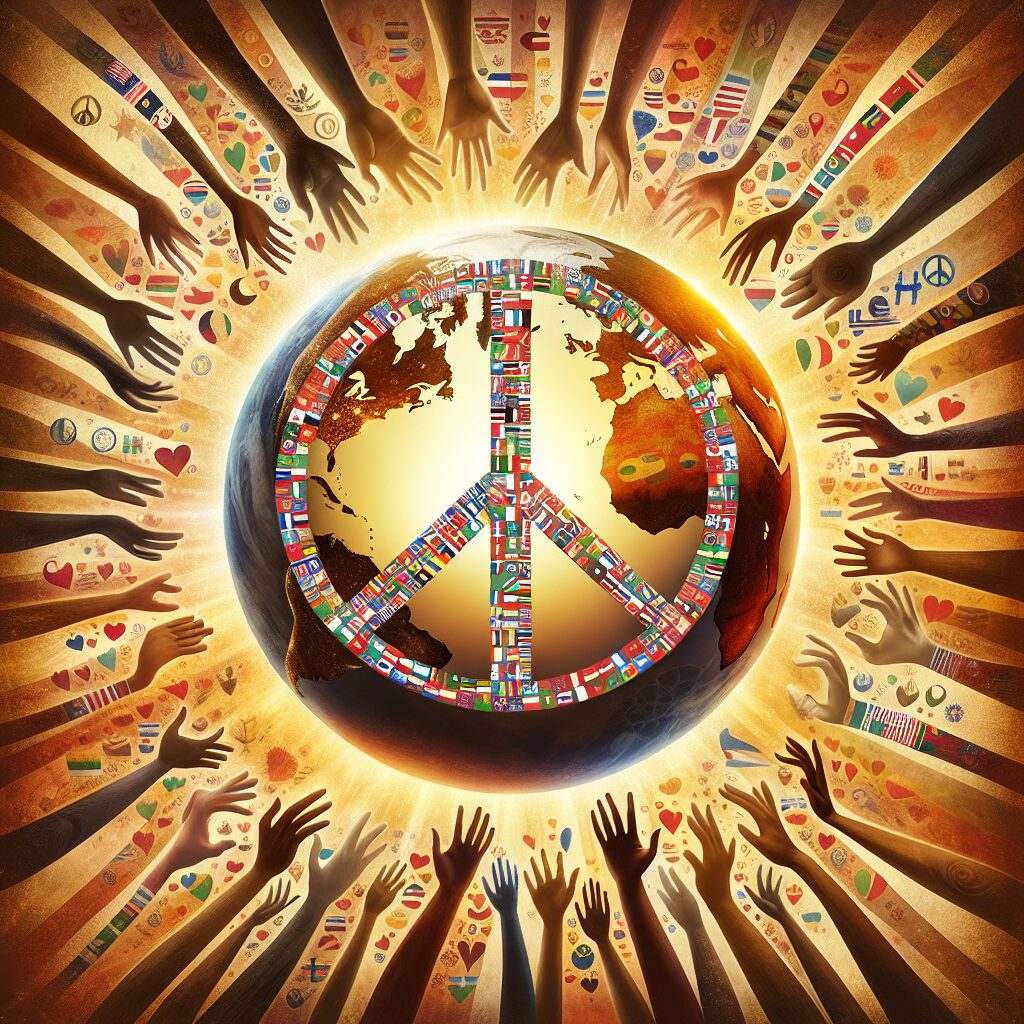Title: Navigating Complex Waters: Netanyahu's Clash with Allies Over Gaza Strategy
Intro:
Imagine standing at a crossroads where every path leads to a different consequence; this is the delicate position Israeli Prime Minister Benjamin Netanyahu finds himself in. Recently, he pointed a finger at France, Britain, and Canada, accusing them of "emboldening" Hamas by their threats of "concrete action" should Israel continue its operations in Gaza. This accusation sheds light on the intricate dance of international relationships and the weighty decisions that could either bridge gaps or deepen divides.
Body:
The Ripple Effect of Accusations
Netanyahu's biting accusation comes amid spiraling tensions. His bold statement does more than just call out international leaders; it signals a potential freeze in relations with some of Israel's most significant Western allies. As battles rage and political theaters heat up, understanding the geopolitical chess game becomes crucial. Just like a chess grandmaster, Netanyahu's move holds profound implications, not just for the dusty streets of conflict zones but for polished halls of global diplomacy.
The Echoes of Departing Allies
The warning from France, Britain, and Canada underscores a clear message: continued military aggression in Gaza is untenable in the eyes of international law and public opinion. This collective stand by the countries might be perceived as a shrinking circle of support for Israel's current strategies, begging the question of long-term repercussions on geopolitical ties and regional stability.
The Balancing Act
Reading between the lines, one can't help but sense the isolation that could stem from such polarizing stances. As nations take sides, the middle ground becomes a tightrope walk; one misstep could have historic consequences. These decisions are like dominoes lined up, where the fall of one could inevitably lead to a cascade that reshapes boundaries and alliances.
Conclusion:
Navigating this maze of national interests, ethical debates, and diplomatic negotiations is no enviable task. As Netanyahu's stance potentially frays threads with allies, only time will reveal the full tapestry of outcomes. How do you think Israel can balance its security needs while maintaining crucial international relations?
FAQ Section:
Q: What did Netanyahu accuse France, Britain, and Canada of?
A: Netanyahu accused these nations of "emboldening" Hamas by threatening Israel with "concrete actions" if their military operations in Gaza didn't cease.
Q: Why are these accusations significant?
A: They spotlight potential cracks in alliances and could alter diplomatic relationships and strategies on the global stage.
Q: What could be the consequences of such accusations?
A: Strained diplomatic relations and possibly altering the dynamics of international support and cooperation.
Hashtags: #MiddleEastPolitics #Netanyahu #GlobalDiplomacy #GazaConflict #WorldNews
Related: Exploring the Impact of Global Diplomacy on Local Conflicts, Historical Alliances and Modern Conundrums
External Link: As detailed in a report by NDTV, Netanyahu's accusations mark a significant moment in international relations.
Meta Description:
In a striking statement, Netanyahu accuses allies of "emboldening" Hamas, highlighting potential rifts and the complexities of international diplomacy.
